Market Analysis
In-depth Analysis of Alcoholic Beverages Market Industry Landscape
The alcoholic beverages market is set to reach US$ 2674.63 BN by 2030, at a 2.4% CAGR between years 2023-2030. This is a very dynamic and multifaceted space where the market can be impacted by various factors that together have an overall impact on how this type of market develops. Consumer preferences and cultural forces are central in market dynamics. Typically, different regions or demographics have specific interest towards the types of drinks like beer, wines, and spirits. These preferences are usually very far-rooted in cultural traditions, social norms and individual tastes making alcoholic beverages market diverse. Market dynamics is significantly influenced by health considerations and the process of evolving lifestyle choices. While moderate drinking in recent times has been associated with a range of health advantages, customers are slowly shifting towards enhanced healthy living and eating habits which again drives home the growing need for low-alcohol products or no alcohol at all substitutes. They have responded by developing the production and sale of non-alcoholic beer, wine and spirits as part of a broader strategy towards responsible drinking. Additionally, the Alcoholic Beverages market is also dynamic due to economic factors. This market is quite sensitive to fluctuations in disposable income, economic downturns, and changes towards increases or decreases of the consumer spending. In times of economic struggle, consumers may opt for cheaper alternatives or decrease their overall alcohol rate thus affecting market demand. On the other hand, during periods of strong economic growth it is possible to observe increased demand for more premium and luxury alcoholic beverages which could cause shifts in a market situation. The regulatory environment is one of the main factors affecting Alcoholic Beverages market. these countries and regions have strict rules about the manufacture, distribution, and marketing of alcoholic products. Market dynamics can be dramatically altered through changes of a policy that regulates alcohol either in terms of taxation, advertising restrictions or licensure; consequently, they may also affect the strategies used by producers and consumers’ choices. Market for alcoholic beverages is dynamic due to advancements in technology related to brewing, winemaking, and distillation processes. Manufacturers can produce unique and high-quality alcoholic beverages by installing new production methods, packaging designs, quality control processes. So, craft brewing and distilling have been increasingly popular over the past decade or so which resulted in more differentiated market with higher focus on artisanal as well specialization.


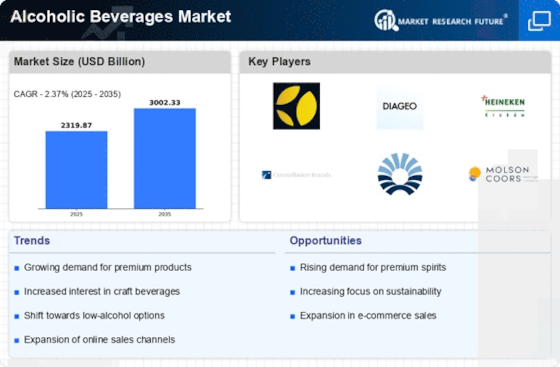
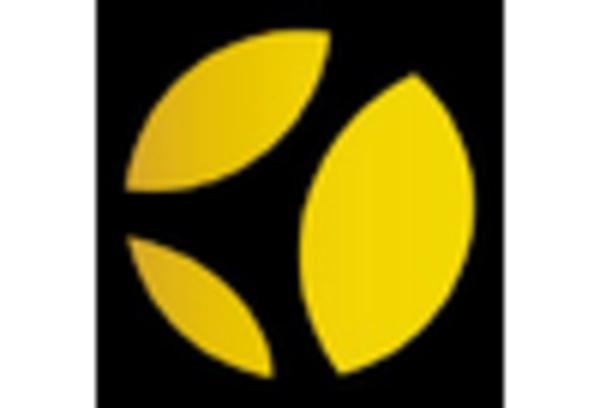
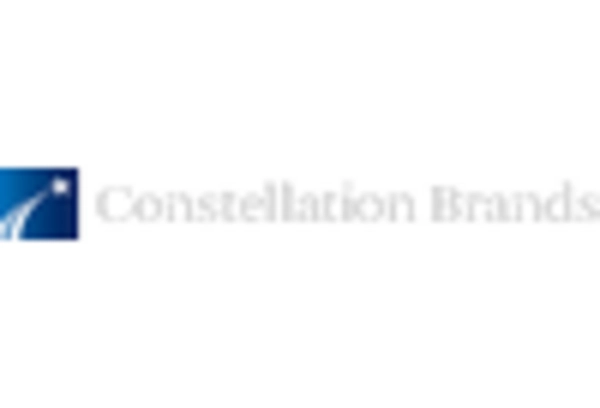
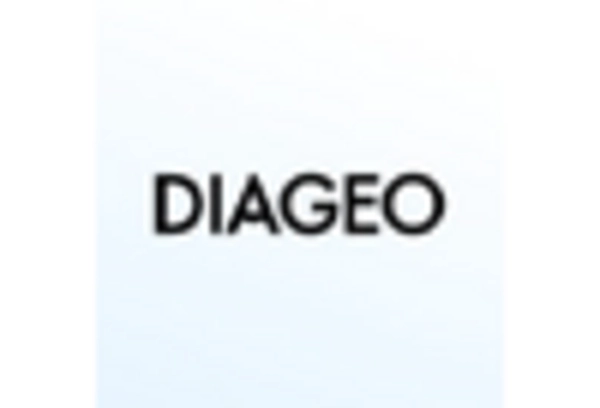
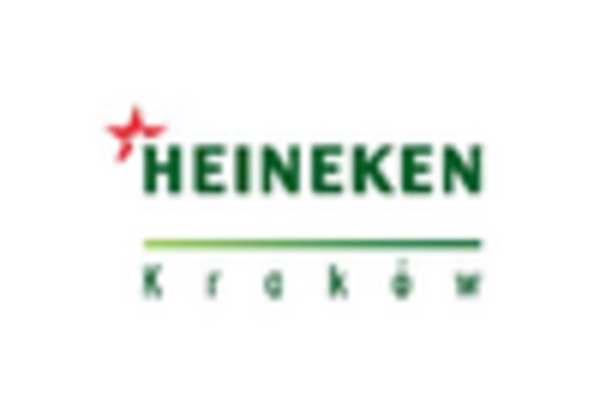
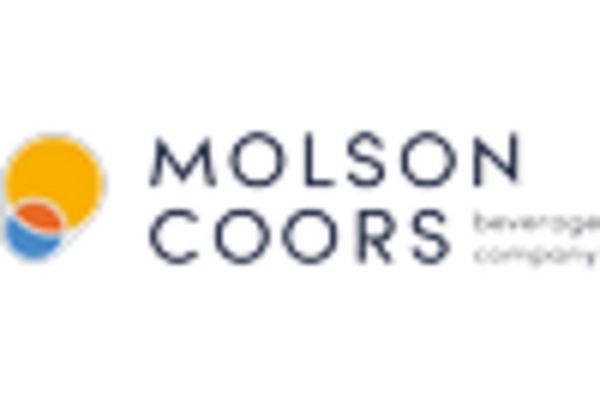
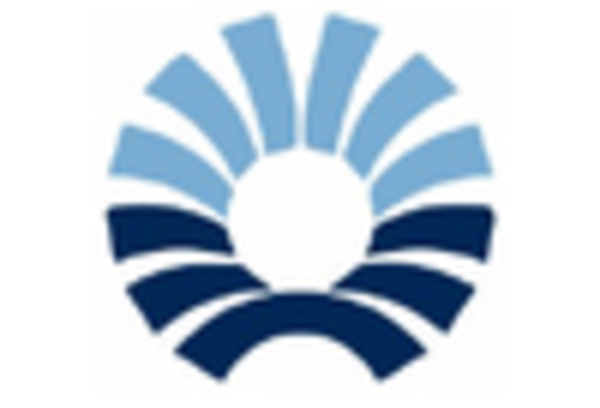









Leave a Comment